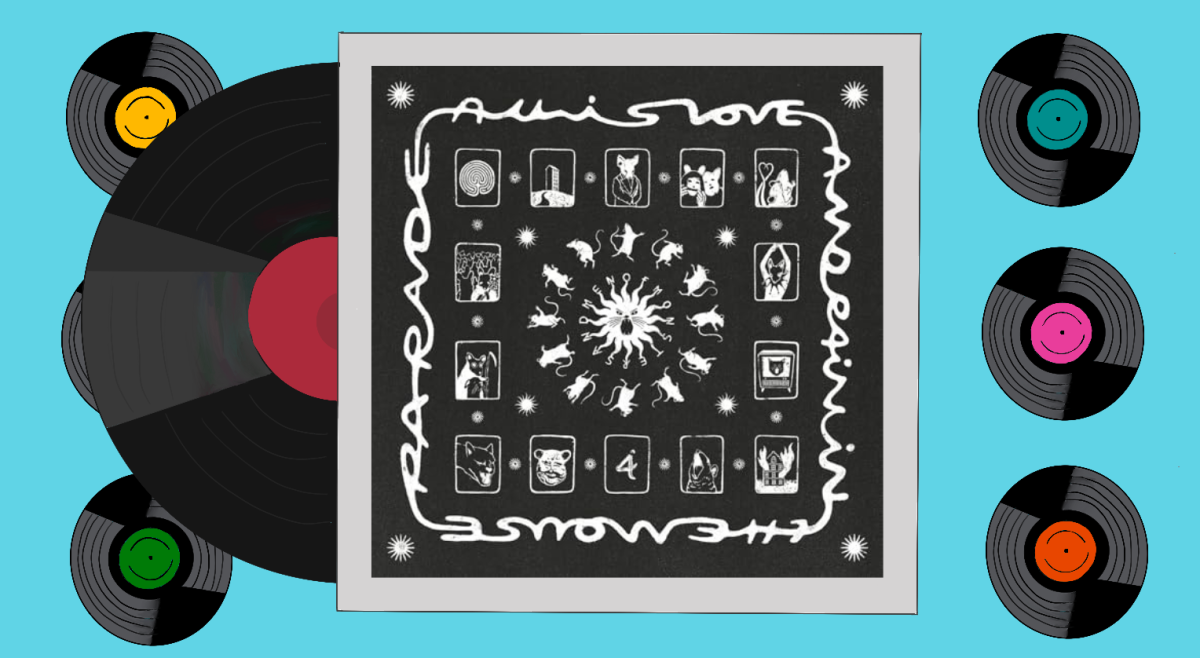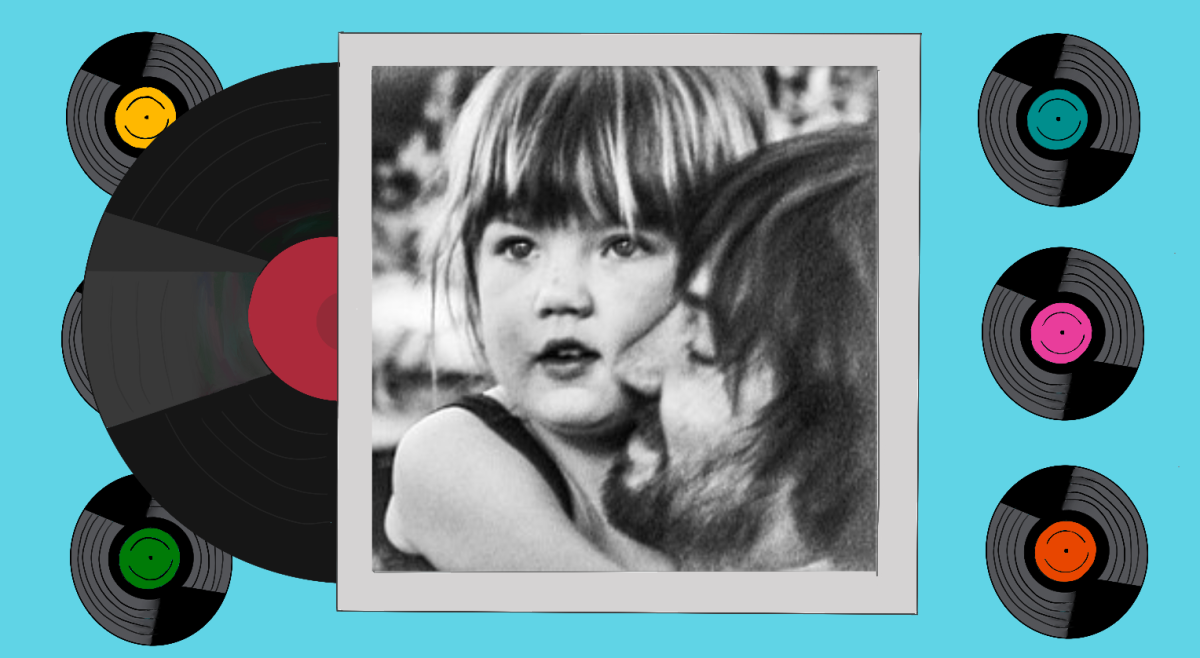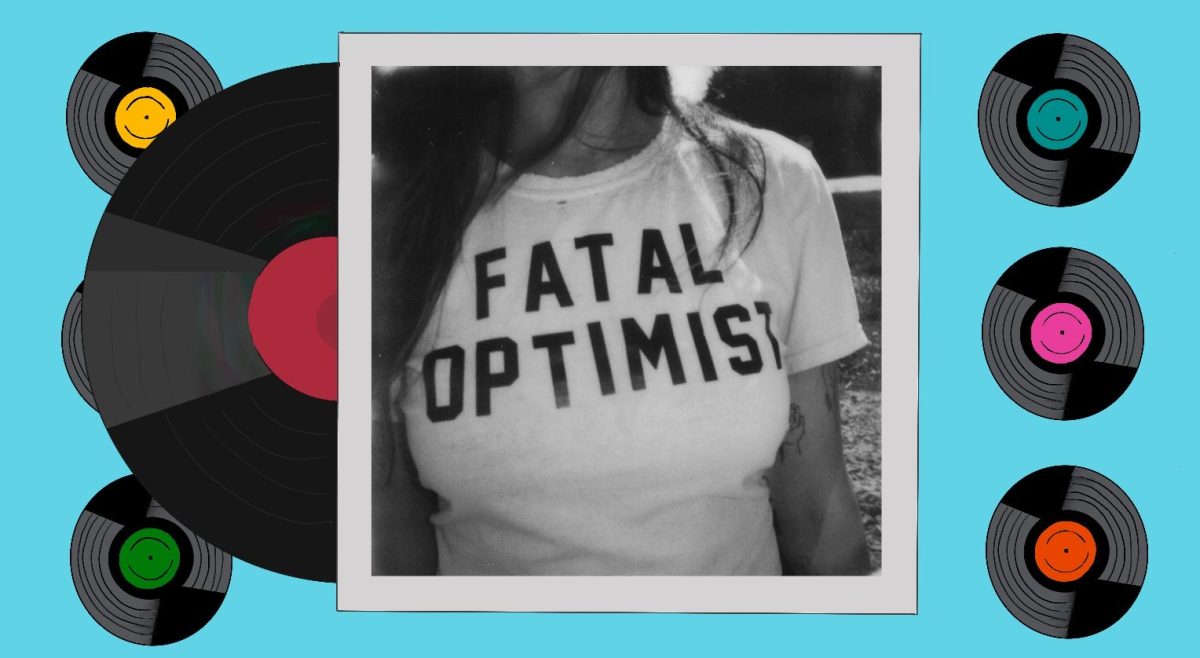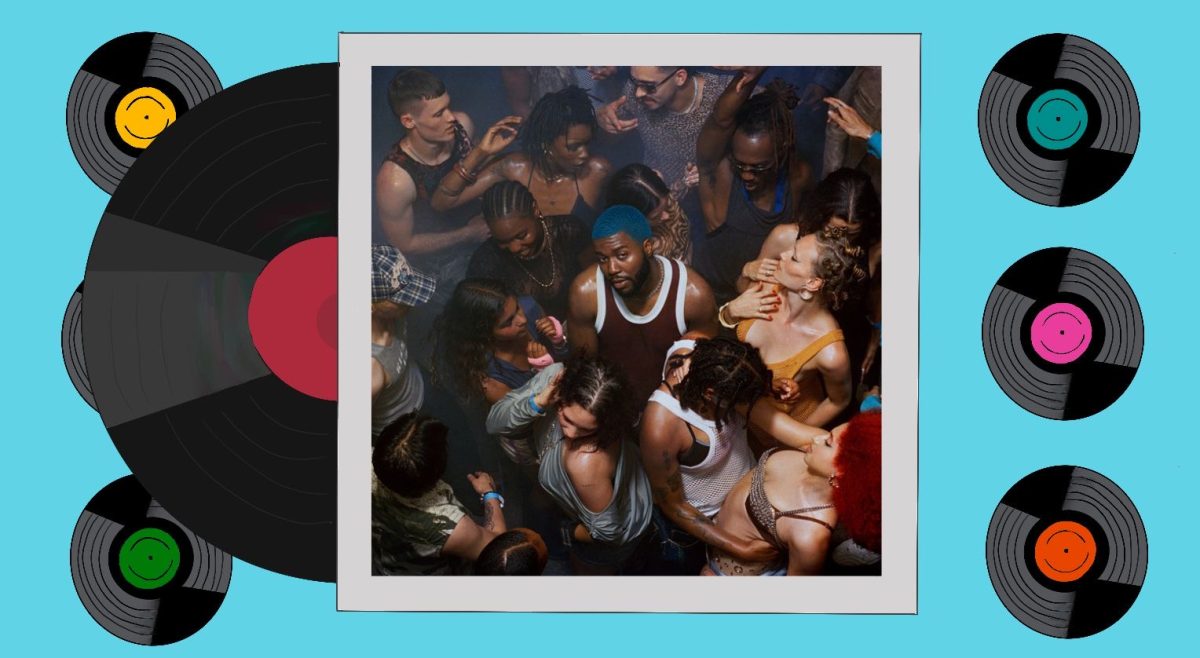The Pixies, an alternative rock brand, dominated the ’90s and created a legacy that influenced bands within its subgenre well into the ’00s. But with their newest album, the Pixies tarnished this reputation by presenting themselves as static and unevolved.
The band released Doggerel on Sept. 30 with 12 tracks that sound almost indistinguishable from each other.
Clearly, the Pixies are trying to grasp their former fame. The band succeeds in entrenching itself in its signature sound, keeping the same folk undertone in its songs that’s reminiscent of old fan favorites such as “Where Is My Mind?” or “Hey.”
The first track, “Nomatterday,” begins with lead singer Black Francis speaking rather than singing, which resembles the opening of the band’s hit “Hey.” Francis opens the track in an intriguing manner by addressing a mysterious, unidentified person.
“You know, I know that you don’t really hate me / But I suppose that I probably irritate you,” Francis sings.
The first minute of the album holds attention by portraying the band, or, at least, the singer, as a misunderstood person who is self-aware and somewhat apologetic of his eccentric personality.
While most songs in the album begin with interesting and promising lyrics, what follows are shallow lines about senseless rebellion and edginess. It seems that the Pixies are trying to grasp onto their youth and their fanbase by sticking to inauthentic teenage angst in their lyrics.
“It’s Nomatterday, I call up all my friends / And we go dancing at the show / But when the spirits call / It’s all shenanigans,” Francis sings.
The tracks have flashy and intriguing names that lead the listener to believe they’ll hear something different and introspective. But the Pixies don’t deliver.
Instead, monotonous, repetitive lyrics dominate the album. But the captivating drum beats can, at times, hold the listener’s attention. The similarity of Doggerel to the Pixies’ past albums is admirable in the sense that they have not lost their style and core identity. For die-hard fans, this eighth album might stand as proof of the Pixies’ integrity and success.
But it would have been exciting to hear the Pixies create music that goes beyond repeating lyrics such as “Don’t piss in the fountain” or “Get simulated” over and over again. The band failed to consider a new generation of listeners and didn’t push its well-worn envelope.
On the other hand, when the songs include lyrics that aren’t exceedingly shallow, it immediately stands out to the listener. Such songs are “Haunted House” and “Who’s More Sorry Now?,” in which the band expresses the theme of redemption and nostalgia without the use of arbitrary lyrics and sounds.
If there is something to rescue from the Pixies’ new music, it is the background bass and guitar in all of their songs. Doggerel is an album you can listen to while distracted. But if you love listening to the same sounds that are the Pixies’ signature style, Doggerel delivers.













